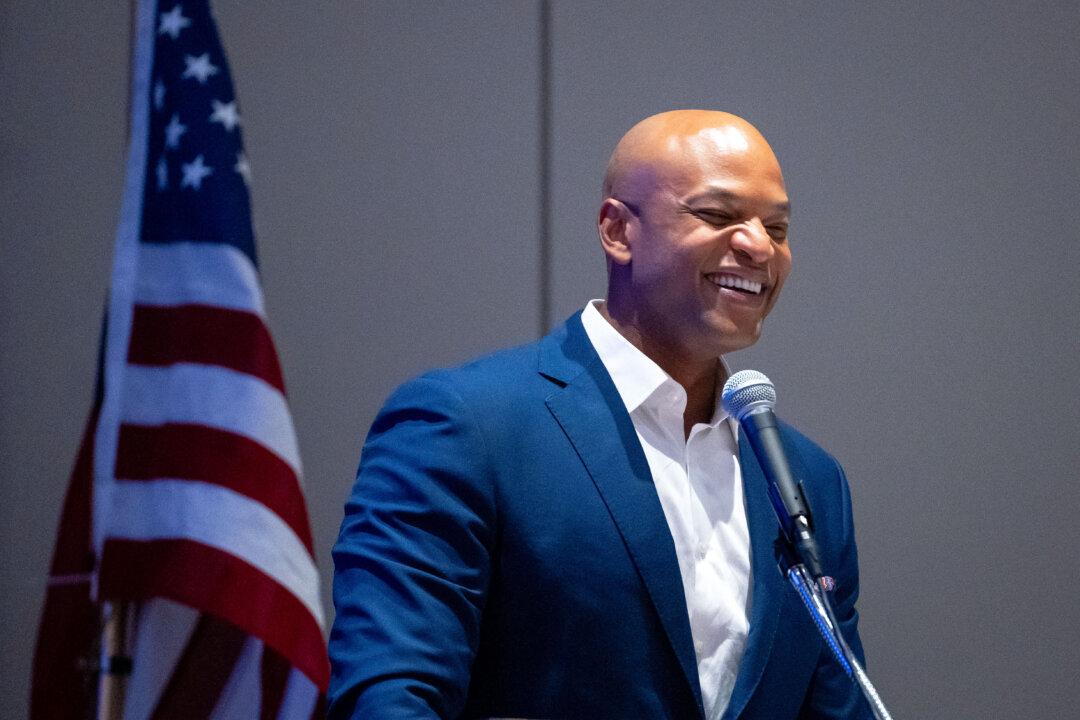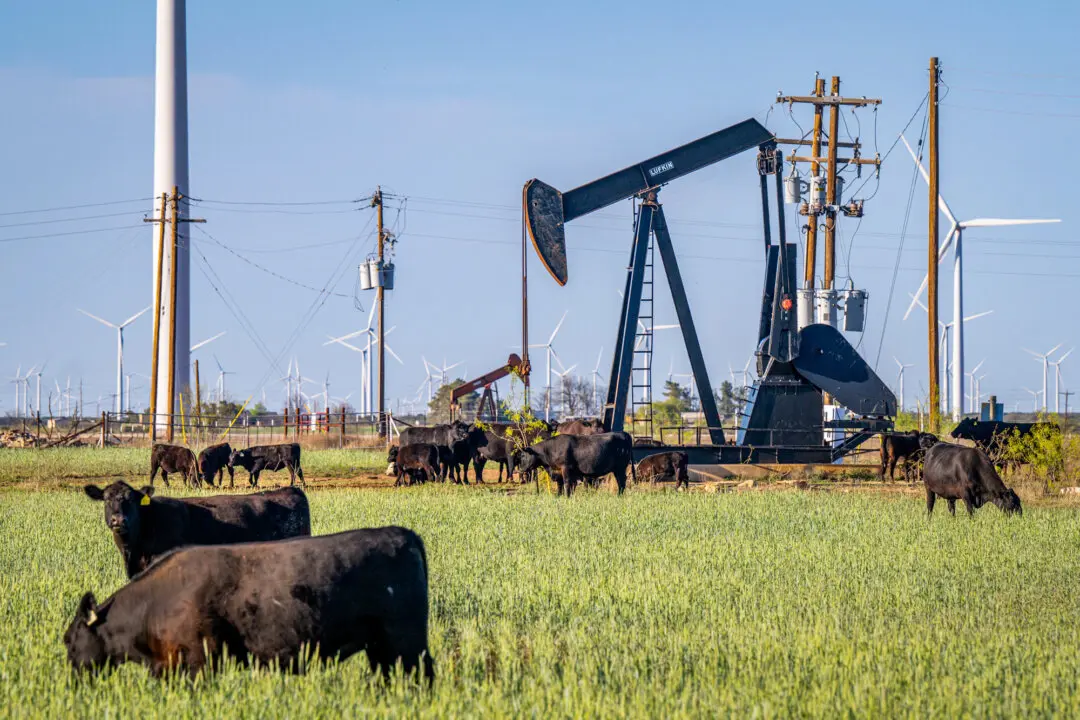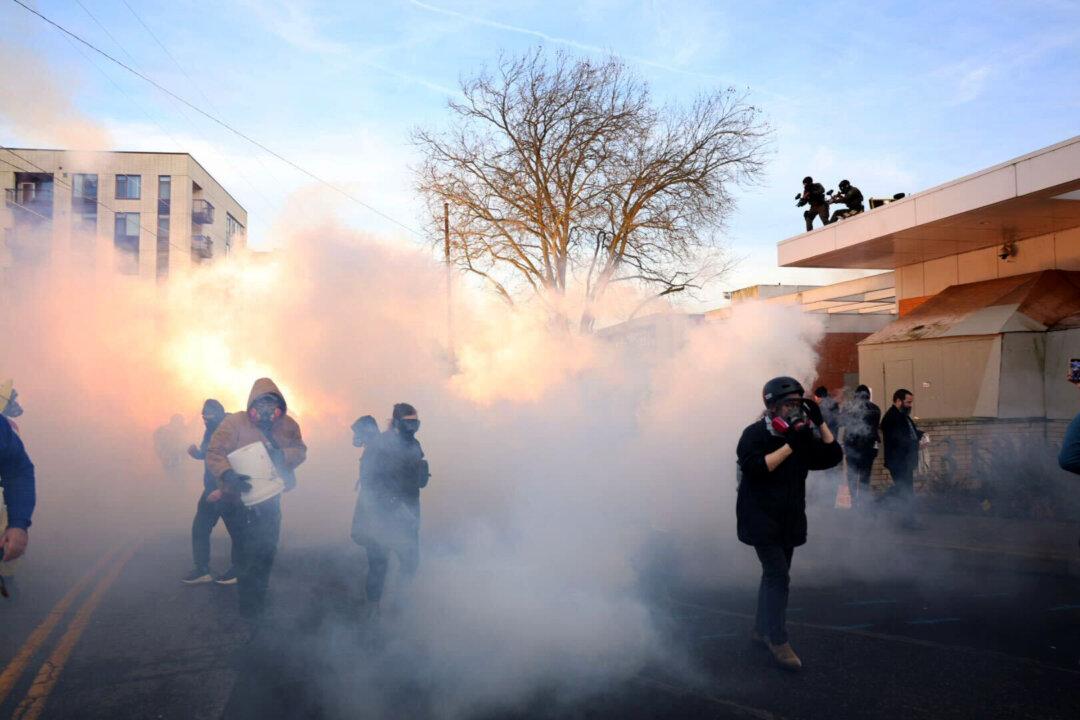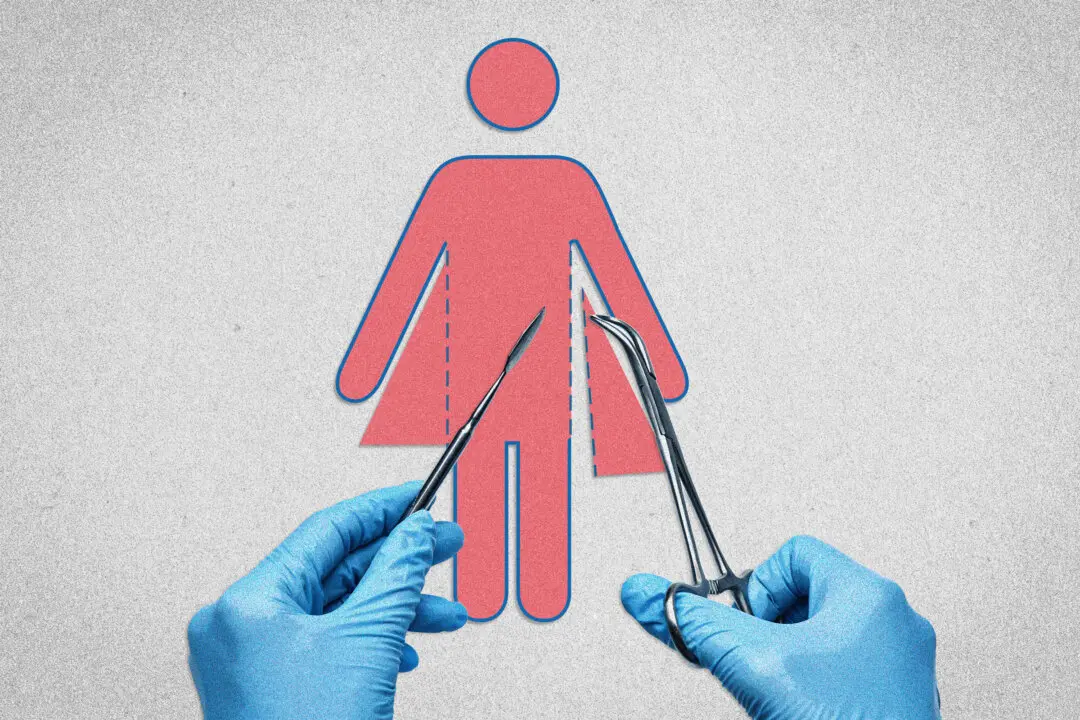AUSTIN—Maryland Gov. Wes Moore, a Democrat, and Virginia Gov. Glenn Youngkin, a Republican, appeared at a political forum last week to discuss their approaches to running their respective states at a time of political polarization.
The moderate governors appeared at the Texas Tribune Festival in Austin. The annual festival hosts a slate of political speakers, newsmakers, and journalists who discuss current events.





